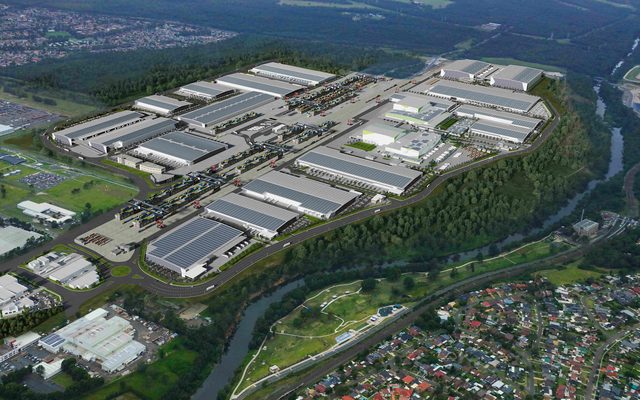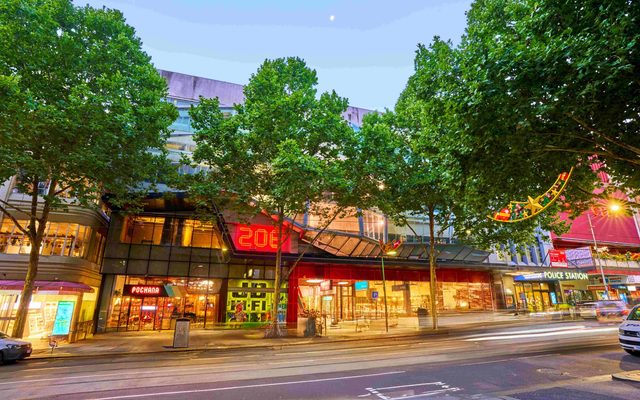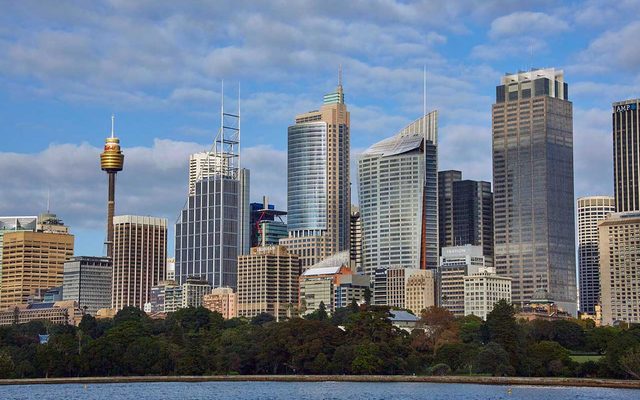This article is from the Australian Property Journal archive
NEW Zealand’s Reserve Bank has raised interest rates by 25 basis points to 3.0% for the second month in a row.
This is the second interest rate following a 25 basis points increase in the previous month, which was the first since July 2007 when rates reached a high of 8.25%.
Rates stayed unchanged at 8.25% until June 2008 when the RBNZ decided to cut rates drastically to stimulate the economy.
Reserve Bank Governor Alan Bollard yesterday said whilst the outlook for economic growth has softened somewhat, it is still appropriate to continue to reduce the extraordinary level of support implemented during the 2008/09 recession.
“In New Zealand, domestic demand is subdued. Households are cautious, with retail spending growing only modestly, housing turnover in decline and household credit growth weak. While this caution has been evident for some time, the recent slowing in net immigration will act to further dampen consumer spending. Business investment remains very low, with corporate lending continuing to be subdued.
“Overall, we continue to predict respectable near-term GDP growth, with manufacturing confidence remaining elevated and forestry exports continuing to expand. An eventual recovery in business investment will assist growth over the medium term. Annual CPI inflation has been near 2% for the past five quarters. As the economy grows, inflationary pressures are expected to pick up,” he added.
Bollard said some further removal of monetary policy stimulus is appropriate at this stage.
“Even after today’s move, the level of the OCR is still very supportive of economic activity. The pace and extent of further OCR increases is likely to be more moderate than was projected in the June Statement. Our policy assessment will be continually reviewed in light of economic and financial market developments,” he continued.
“The coming increase in the rate of GST and other government-related price changes are likely to temporarily push annual CPI inflation above 3%. The Bank does not expect this price spike to have a lasting impact on inflation. However, the price and wage setting behaviour of firms and households will be monitored for evidence of any increase in inflation expectations,” he concluded.
Australian Property Journal



